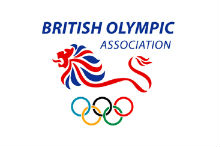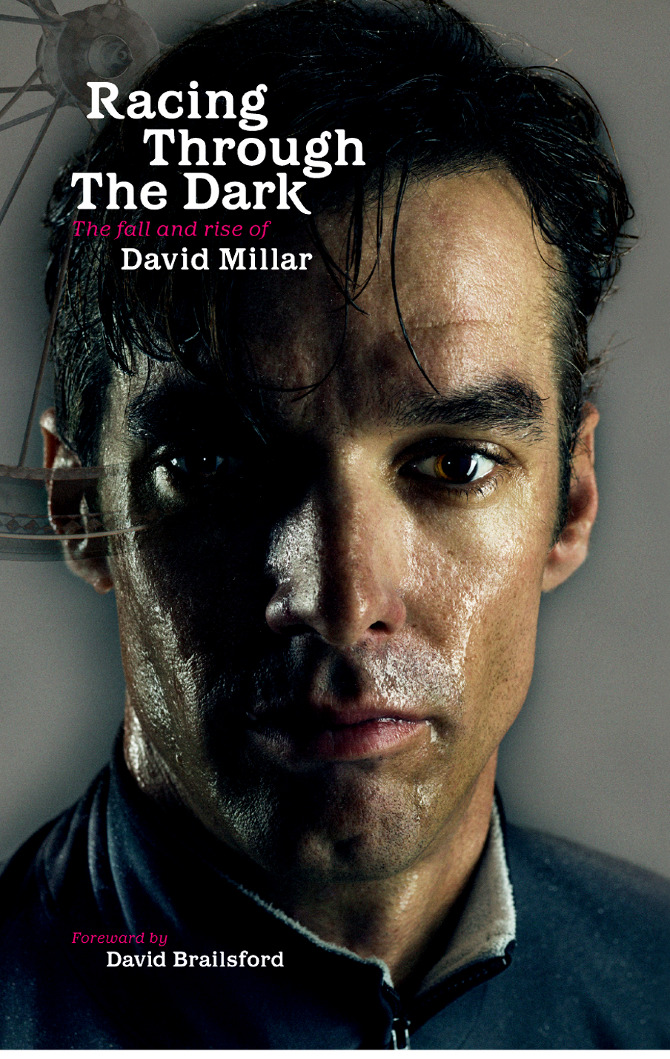The British Olympic Association has pledged to maintain its hardline stance on drugs cheats despite the International Olympic Committee’s rule banning convicted athletes from London 2012 being scrapped.
 IOC rule 45, which prevents any athlete who has received a doping ban of more than six months from competing in the next summer or winter Games, was called ‘unenforceable’ and overruled by the Court of Arbitration for Sport on Thursday.
IOC rule 45, which prevents any athlete who has received a doping ban of more than six months from competing in the next summer or winter Games, was called ‘unenforceable’ and overruled by the Court of Arbitration for Sport on Thursday.
That could leave a BOA by-law, which prevents anyone convicted of a doping offence, including David Millar, from competing at the Olympics for Team GB, open to legal challenge.
But BOA president Colin Moynihan insists the by-law is based on eligibility and said the organisation will continue to choose who it selects to represent Great Britain at the Olympic Games.
“Fundamentally the BOA by-law addresses eligibility and it is not a sanction,” said Moynihan. “It allows for a appeal and mitigating circumstances. It recognises there is an important difference between intentionally breaking the rules by wilfully engaging in doping and making an error. In that sense it is proportional.
“The by-law has stood the test of time for over 20 years. The reason for that is clear. It pursued a legitimate aim which reflects the Olympic Games as the pinnacle of sporting achievement, embraces the Olympic ideals and the fundamental principles of clean sport.”
Four-time Tour de France stage winner Millar, who admitted to using the performance enhancing drug EPO in 2004, refused to comment on whether he would mountain a legal challenge in a statement.
However, Millar did say he believes “a lifetime ban for a first offence does not encourage rehabilitation nor education” – but Olympic minister Hugh Robertson moved quickly to back the BOA’s position.
“I have always supported the BOA over this, it’s not just the government that support it, 95 percent of athletes support it as well,” said Robertson. “Every athlete I have spoken over the summer is absolutely behind it.”
He added: “The BOA case is different, because they have a right of appeal, which the IOC didn’t.”
Discuss this article in this forum thread.





